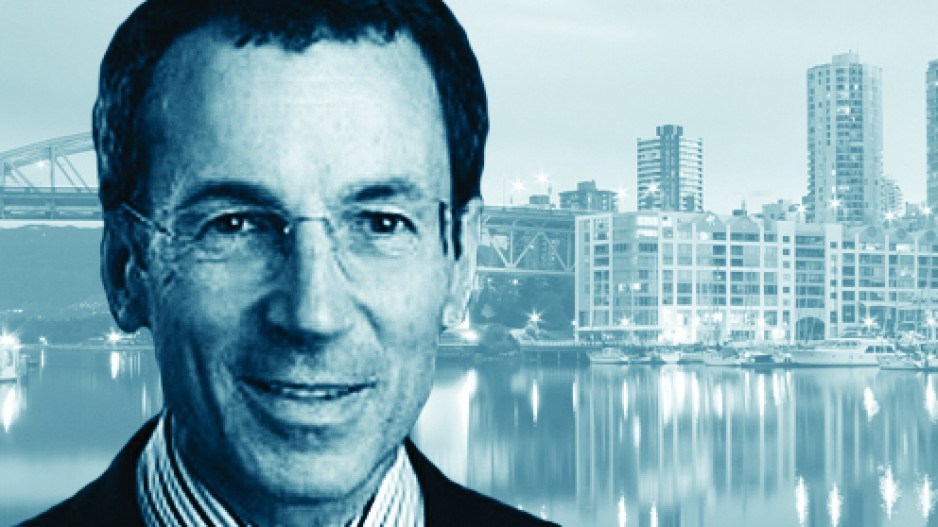My friend Dean pulled over on his bicycle last Saturday afternoon, catching me spreading the season’s first seeds into my front garden. Dean is a veteran money manager, financial executive and economic philosopher. It wasn’t long after our surprised greetings that he started venting.
He was spitting angry with the federal tax-free savings accounts (TFSA) – even though he had helped me set one up.
“It’s outrageous,” he fumed. “It’s basically writing cheques to the rich. It’s a measure that’s very attractive to wealthy people: they’ve got the capital to put into it and others don’t. And they’re in the highest tax bracket.”
If you haven’t already contributed to a TFSA, you could still contribute $36,000. The Conservatives are proposing to double the annual cap to $11,000 in the next budget. So add that next year, compounded with growth from $36,000 to $40,000 with a conservative investment return of around 5%, say $2,500. In the highest tax bracket, that’s around $1,100 of tax savings. If a lower-income person in the 10% bracket were able to find the capital to fully fund a TFSA, he or she would save only $250 in tax.
“Not collecting tax amounts to the same thing to a government as spending money,” said Dean.
A recent Parliamentary Budget Office report said TFSAs will cost governments $1.3 billion this year – a third of that landing on the provinces. Finance Minister Joe Oliver counters that 11 million Canadians have TFSAs, with most held by low- and middle-income earners. Even so, independent analysts are pretty clear that the biggest benefits – especially if the amount doubles to $11,000 – will go to the rich.
Income splitting is having the same effect. A study by the Canadian Centre for Policy Alternatives (CCPA) says “the upper third of Canada’s richest families would receive $3 out of every $4 spent on income splitting” – with 86% of families getting no benefit at all.
What bothers Dean – and me – about this is these measures are driving us further down the road to inequality.
The same could be said of B.C. Finance Minister Mike de Jong’s scheduled ending of the extra 2% he tacked on to the 76,000 British Columbians who earn more than $150,000. It will go away in 2016, leaving a $200-million-plus hole that will have to be filled somehow – perhaps (insert shrieking irony here) with a regional 0.5% provincial sales tax to pay for transit for people who can’t afford cars or congestion. That’s on top of another new regressive tax: a 4% increase in Medical Services Plan premiums.
Right now, the richest 20% of Canadian families hold almost 70% of the country’s wealth. The bottom 20% are in a debt position. A CCPA study found that Canada’s wealthiest 86 people have the same net worth as the poorest 34%.
Those of us with capital are adding these new breaks to existing tax breaks for capital gains, taxed at about half the rate of income; an $800,000 lifetime capital gains exemption for business owners; trusts that allow capital gains exemptions to be spread among family members; and a capital gains exemption on windfall real estate gains from a primary residence.
Lest we forget, to quote the U.K. Equality Trust: “In more equal societies people live longer, are less likely to be mentally ill or obese and there are lower rates of infant mortality. Inequality increases property crime and violence. Unequal societies have less social mobility and lower educational scores.
High levels of income inequality are linked to economic instability, financial crisis, debt and inflation.”
A March 2015 U.K. Office for National Statistics report said “what makes the most difference to personal well-being is the level of an individual’s income relative to those around them.”
In other words, less spread between the richest and poorest.
Why aren’t we designing tax policies to close the wealth gap, not widen it?
Business in Vancouver. He is a former Vancouver city councillor and former fellow at the SFU Centre for Dialogue. He is the author of The Urban Food Revolution.




